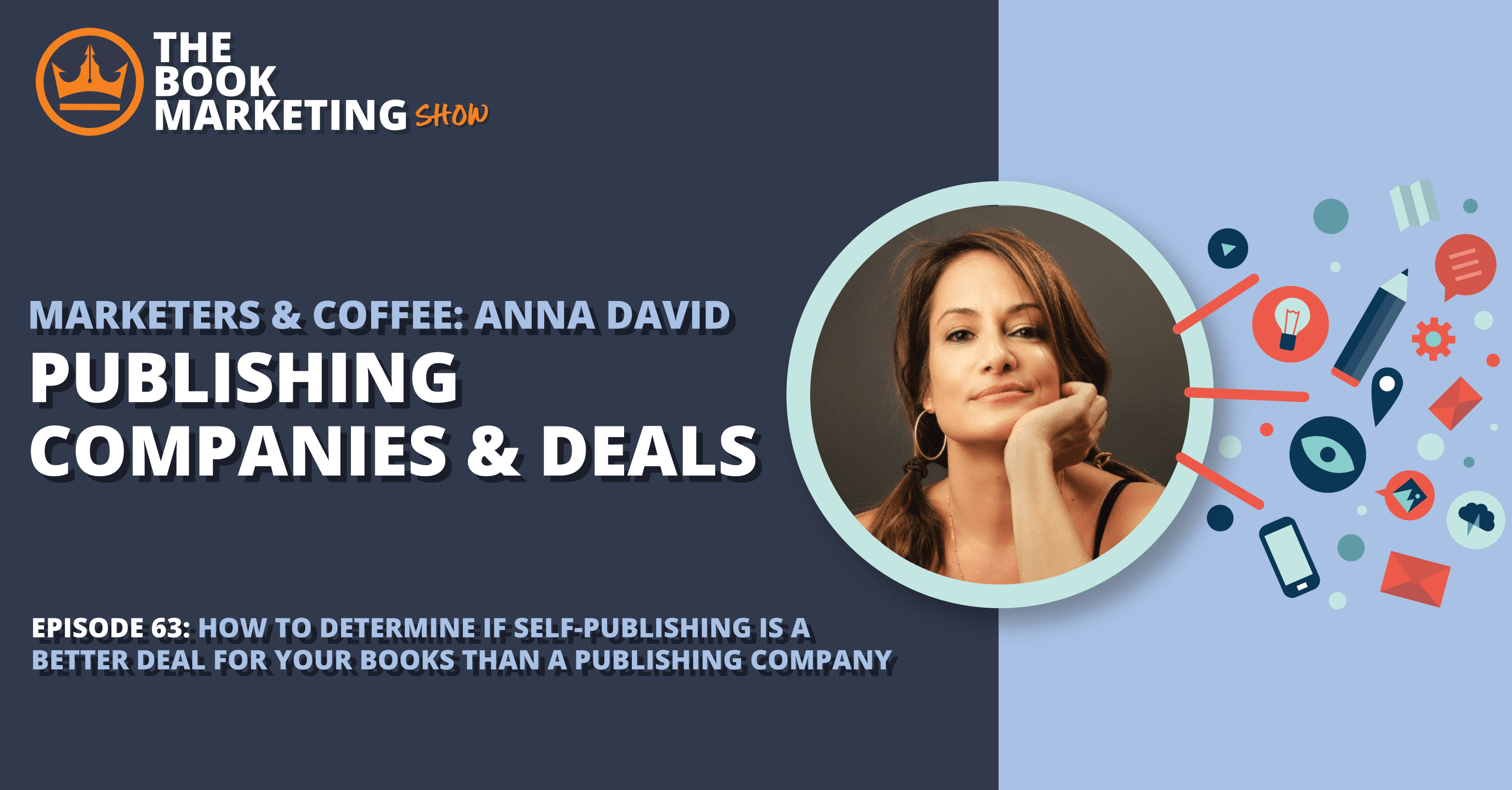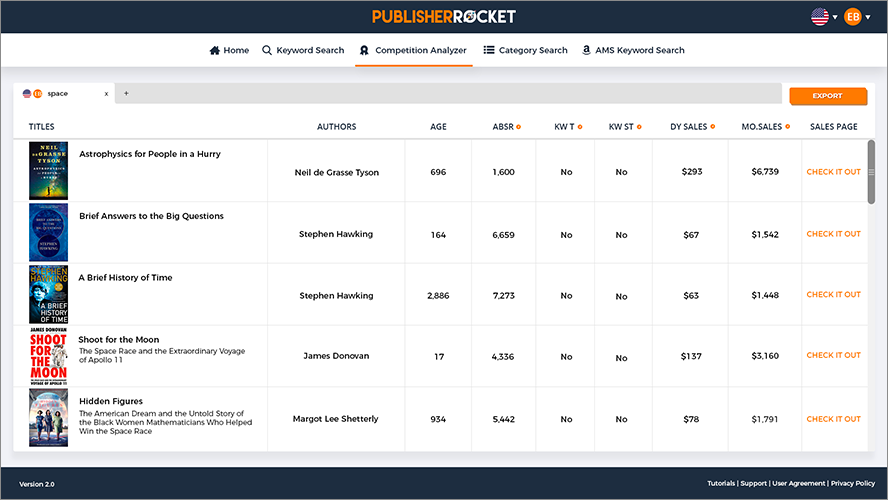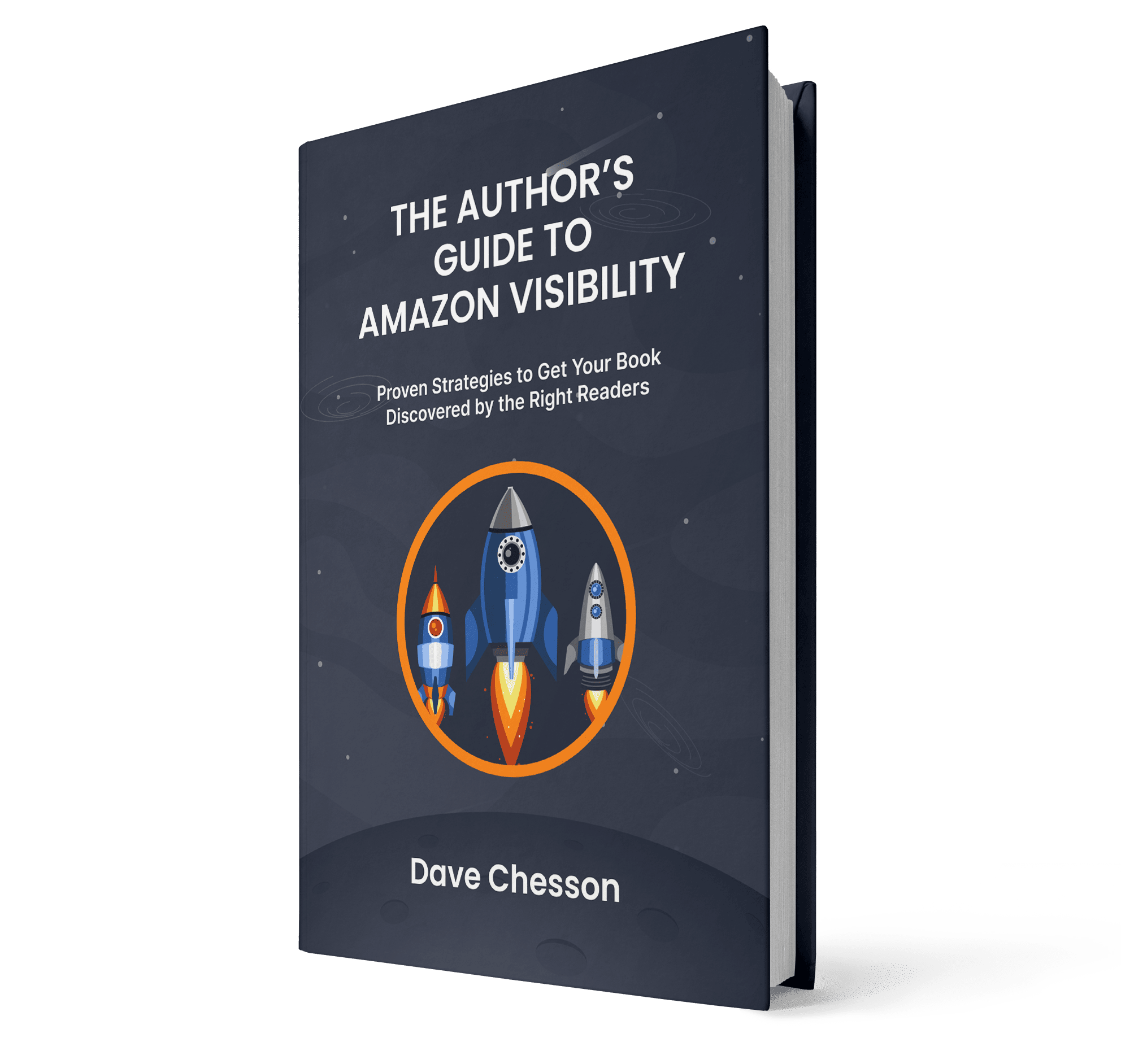


When an author writes a book, it’s easy to assume that their main focus for making money would be selling the book, but in the case studies and examples we talk about in this episode, there are more ways authors can benefit from writing a book financially than simply selling copies.
One case study we looked at is a lawyer who wrote a book that he used as a kind of calling card for her services, which increased the number of clients he has, as well as made him known as an expert in his niche and garnered speaking opportunities.
Another example of this is Pat Flynn, who created “Will It Fly?” and offered a free companion course that helps readers go through the book. He used that course to collect a large number of emails and the conversion rate of people who bought the book and then the course was one out of every three. He then made a paid course and sold it to only his list, making more than $120,000 in the first weekend.
Using affiliate links is also a way of garnering income from your book, but be careful to not use Amazon Associates links in both Kindle editions and especially in iTunes editions. And this episode’s guest, Gundi Gabrielle, warns against being too aggressive in pushing those affiliate links on your readers.
Be aware than some of your readers probably have an idea of one day writing a book of their own, and you can offer services to them like editing, proofreading, or consulting. They’re more likely going to want to work with another author in their niche when it comes time for them to write that book.
Don’t look at other authors in your genre as competition. In fact, you can help them (and yourself) by forming a collective to help one another out and support one another, either with a common website or Facebook group.
Speaking of Facebook groups, if you don’t want to go through the work of creating a course or trying to build a giant email list right away, creating a Facebook group for your readers and other authors in your genre is an quick and easy way to do some social media networking. Just be sure to provide value in that group and not just sales pitches.
Don’t just assume these tips are for non-fiction writers, either. Many of these tips can be applied to fiction writers, too. And fiction writers have the benefit of creating characters that their readers can connect with enough to possibly want items like replicas or stuffed animals or other merchandise featuring that character.
“If you have the audience and they like you and trust you, you can funnel this into anything.” – Gundi Gabrielle
Bio of the Author in the Case Study:

Resources Referred to in this Episode:
- Gundi Gabrielle’s Author Page
- www.SassyZenGirl.com
- Gundi’s Course
- 80/20 Sales and Marketing: The Definitive Guide to Working Less and Making More by Perry Marshall
- Publisher Rocket
- Sci-Fi Bridge
- Budsies
- Displate
- Will It Fly? by Pat Flynn






